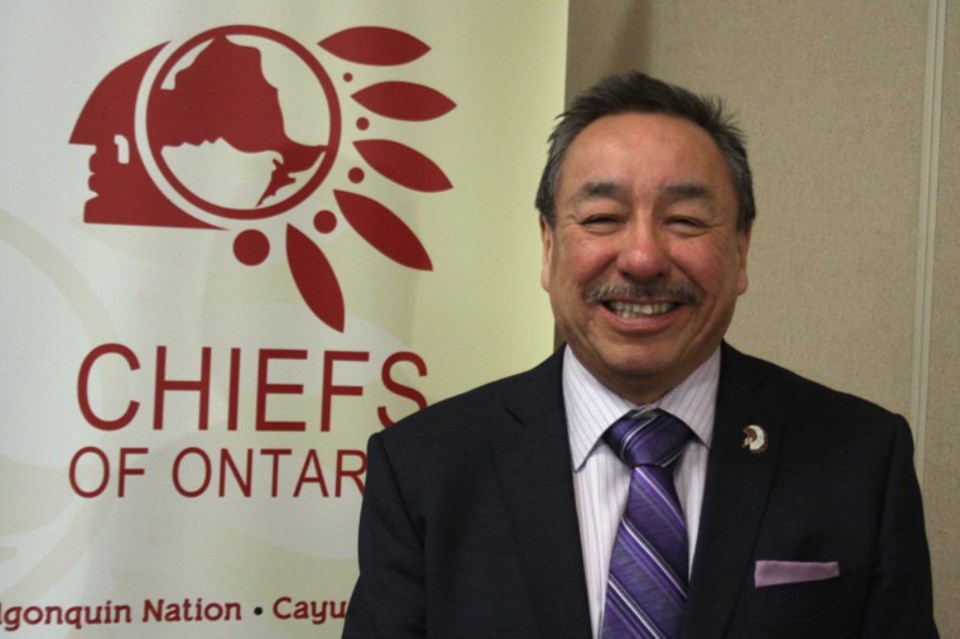THUNDER BAY – The Ontario regional chief says the Supreme Court of Canada’s ruling to not overturn a manslaughter conviction based on lack of First Nations jurors is a sign that province needs to change legislation.
The country’s top court on Thursday decided the conviction of Clifford Kokopenace, who fatally stabbed Taylor Assin in Grassy Narrows First Nation in 2007, should be upheld despite a 2011 ruling by the Ontario Court of Appeal that an inadequate jury roll violated his constitutional rights.
In a statement released Friday, Stan Beardy said the ruling shows there needs to be an overhaul within the province.
“There needs to be long-term changes to legislation and policies and we are prepared to work with Ontario to identify areas where the challenges lay,” Beardy said in the statement.
“If necessary, we are prepared to bring the conversation to the Council of the Federation and engage with other Premiers.”
By a 5-2 margin, the Supreme Court justices determined the courts had taken proper measures by sending jury roll requests to First Nations communities.
Beardy said this case shows more has to be done to allow First Nations to be involved.
"The focus needs to be on changing the way that First Nations communities and citizens participate in the justice system. It has to allow those First Nations citizens who want to participate in juries to do so, and this cannot be done under threat,” he said.
“We have to find a balance to be able to work together to balance all our rights.”
Beardy and other members of the political confederacy recently met with Ontario Attorney General Madeleine Meilleur.
The two sides have agreed to continue to meet.
“Regular meeting to discuss the justice system and how First Nations participate is a good first step, however, there must be more. First Nations in other provinces and within the U.S are working in collaboration with governments to reconcile the fact that Indigenous Nations operated their own justice systems, and as a result, are respecting the jurisdiction that they have over their citizens in this area,” Beardy said.
